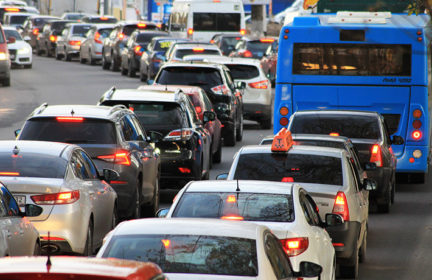How many of you have moved town / city / state PRIMARILY for prepping reasons?
As per the header, I wonder how many of this particular community actually bit the bullet and decided to relocate with PREPAREDNESS the the primary motivating factor.
Its 20 years since it dawned on myself and my wife that the urban location (pop 270.000) we were living in may have been ideal for affordability and commuting, but its drawbacks outweighed any benefits ( highly urbanised, highly industrialised, high population density, high crime levels and above average pollution levels.
No we could not afford the idylic homestead,not even close, but we could afford to get way out of town to a much smaller very rural village ( pop around 3000)
The benefits were myriad and immediate, cleaner air, freshly grown local foods, smaller schools, very low crime, much more of a community spirit, more room to manouvre etc.
We took a large economic hit with me having to give up my main job and focus only on occasional contracts, but my wife retained her nursing role, but again the overall quality of life / peace of mind outweighed the loss of income.
So have any of you good people made the leap, if so whats your story?
-
Comments (14)
-
